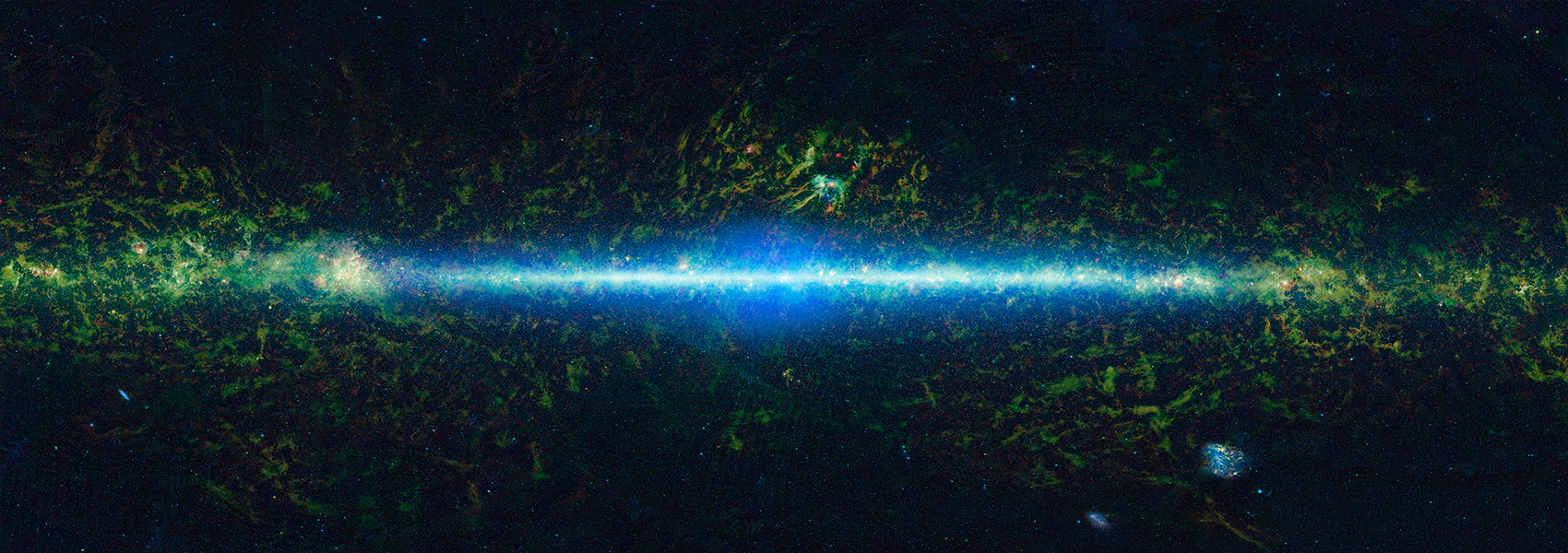
Paolo Bonfini (U. Crete) -- A Coherent View of Post-Merger Traits in Early-Type Galaxies
In the framework of the hierarchical galaxy formation scenario, massive early-type galaxies (ETGs) are considered the end points of the merger tree. Unfortunately, despite representing the ideal "laboratories" to test models of mass assembly, their smooth morphologies and uniform stellar populations have long hindered attempts to investigate their formation. However, a careful look reveals that ETGs present several tell-tale characteristics which can be used to follow their evolution. In fact, after a massive ETG has assembled through a major merger, its core is shaped by the action of a super-massive black hole (SMBH) binary which increasingly removes central stars. At the same time, the post-merger features present in the ETG outskirts (e.g. ripples, shells, streams, and tidal tails; commonly referred to as "fine structures") progressively fade out as the galaxy potential relaxes. Similarly, it is expected that any dust accreted during the merger is initially diffused throughout the galaxy and then gradually settles towards the center. We hereby present the first study linking the temporal co-evolution of ETG "fine structures" and of the SMBH binaries which are assembled in the same merger which shaped the ETG. We show the existence of a scaling relation between "fine structure" prominence and stellar mass removed from the "core", consistent with the hierarchical galaxy formation scenario. We additionally present a new methodology to perform radiative-transfer modelling of dust rings in ETGs, and we demonstrate its application to the cases of NGC 4552 and NGC 4494. We caution on how dust rings can mimic stellar depleted "cores", and we discuss how the statistical study of rings can be exploited to investigate the progressive settling of dust towards the center of an ETG.
- Date: 12:15 PM, February 13th, 2019
- Category: Science Talk


